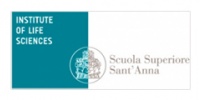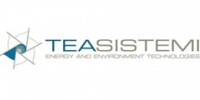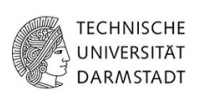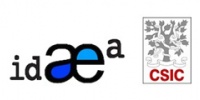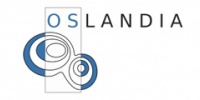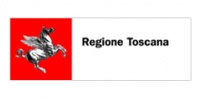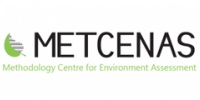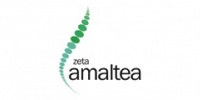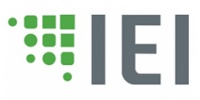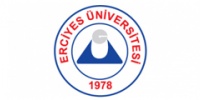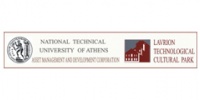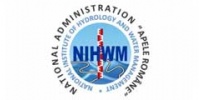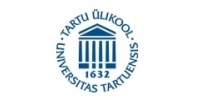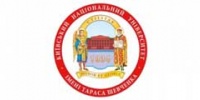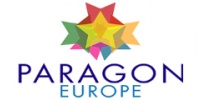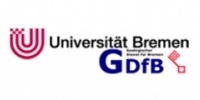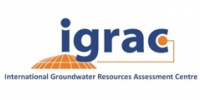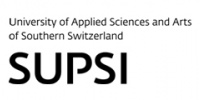 This project has received funding from the European Union’s Horizon 2020 research and innovation programme under grant agreement No 642224
This project has received funding from the European Union’s Horizon 2020 research and innovation programme under grant agreement No 642224
The two events will bring together 10 Coordinators from FP7 ICT water projects (Calls 2011.6.3. and 2013.6.3) funded projects, 5 Coordinators from Horizon 2020 Water4a projects and Officials from the EC and EASME. The FREEWAT project will be represented by Rudy Rossetto (Scuola SUperiore Sant’Anna - Italy), Iacopo Borsi (TEA Sistemi spa – Italy) and Angel Utset (Zeta Amaltea – Spain).
The working workshop (Brussels March 18th) will offer a framework for project partners to prepare for the cluster meeting. The Horizon 2020 Water4a funded projects are expected to chair and guide the "topic's groups".
The cluster meeting (Brussels March 19th) will be devoted towards the preparation of a Final roadmap on ICT water research; Identification/selection of KPIs; Data use and sharing.
Specific objectives of the workshop and cluster meeting are:
1. Updating of Water-ICT Roadmap
a) Identify possible changes, gaps, or outdated elements in the roadmap.
b) Estimate the cost/benefit for the proposed problems and solutions
Utilities already have these socio-economic studies (e.g., for social classification of users according to their stratification) but they do not disclose them to projects. As a result of this, a lot of effort is spent by projects in this task without having clear benefits of improvement with respect to the current state-of-the-art in industry.
c) Identify synergies between the proposed solutions and with other related sectors (e.g. transport, energy and smart cities). (Identify references to on-going policies to map where the highlighted problems and solutions may fit in)
2. Identification/selection of KPIs: i) societal, ii) economical, iii) environmental
Need to guide and educate on the use of indicators. There are plenty of different indicators that can be used (e.g., for water losses) and people do not always have a clear view which indicator is the best to be used. Selecting a wrong indicator may lead to incorrect interpretations; furthermore, different indicators take into account different perspectives and none of them will satisfy every perspective/stakeholder.
a) At project level
b) At policy level (e.g. for regulations)
c) For Roadmap
3. Data use and sharing
a) Sharing. There are no clear policies for data sharing with utilities (e.g., water or energy consumption), which makes progress in the projects slower and hinders the evaluation of developments with real data. Furthermore, the terms and conditions under which projects can share data are not clear yet, even if projects are willing to do so.
b) Standards and interoperability. Projects are looking into existing open source platforms or components to be reused in their developments; one of the drivers for this is to achieve interoperability at the software level. To this end, having common programming interfaces (APIs) would also support interoperability. The standardization process goes beyond the projects in the cluster and currently it is not clear either which standards would be necessary or who should take the lead on them. Furthermore, the need for engaging a larger group of stakeholders in any standardization process has been pointed out.
c) Real-time data. Need to deal in a balanced way with real-time and non-real-time data. Real-time data, even if desirable, are not always available because of different factors (device characteristics, manual measurement processes, data privacy, non-disclosure of data by utilities, etc.). Need to supplement case studies data with generated data coming from simulations because data available in case studies may not exhibit all the characteristics needed for developing ICT platforms (e.g., for testing the behaviour against concrete events or scalability).

